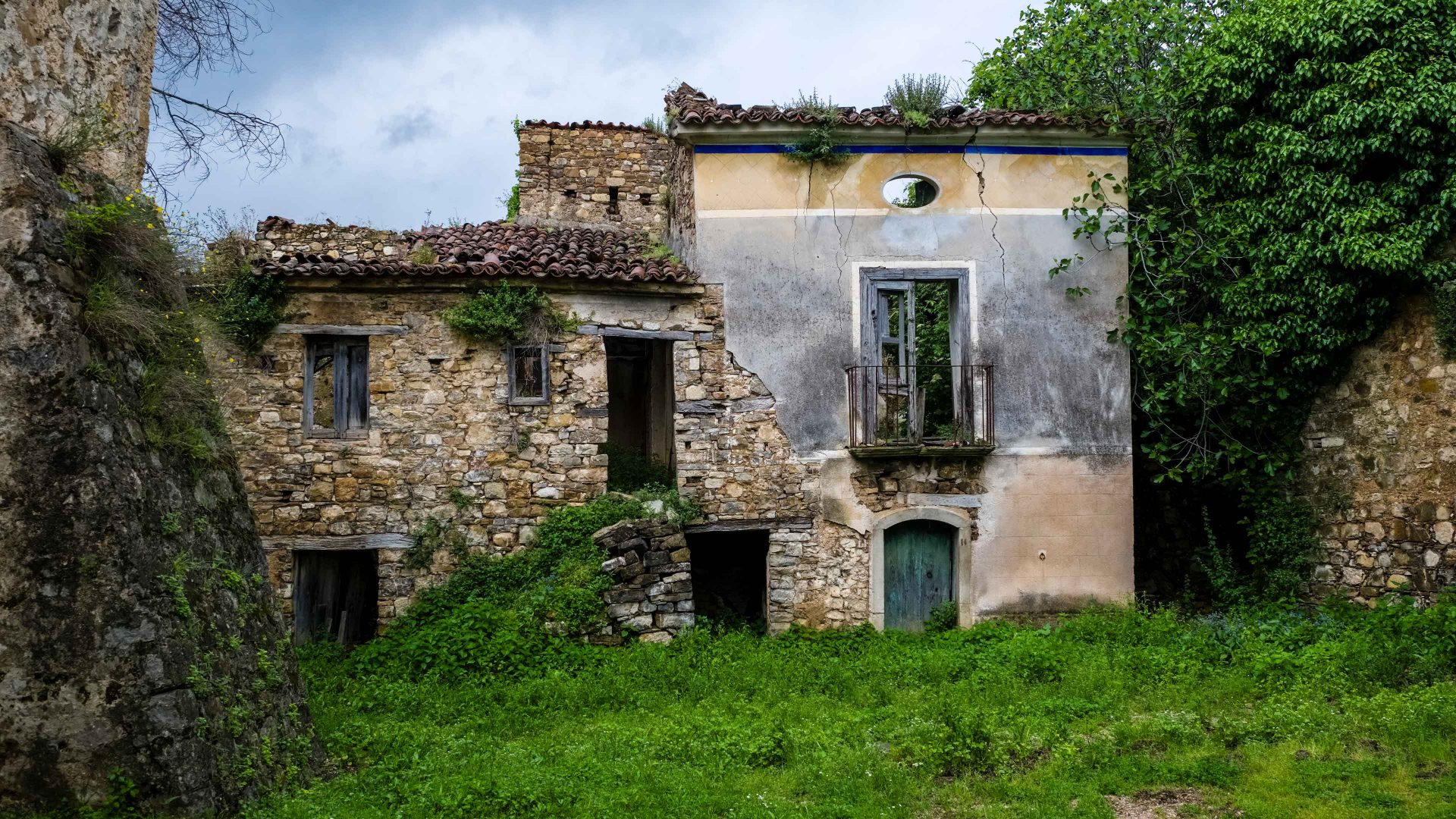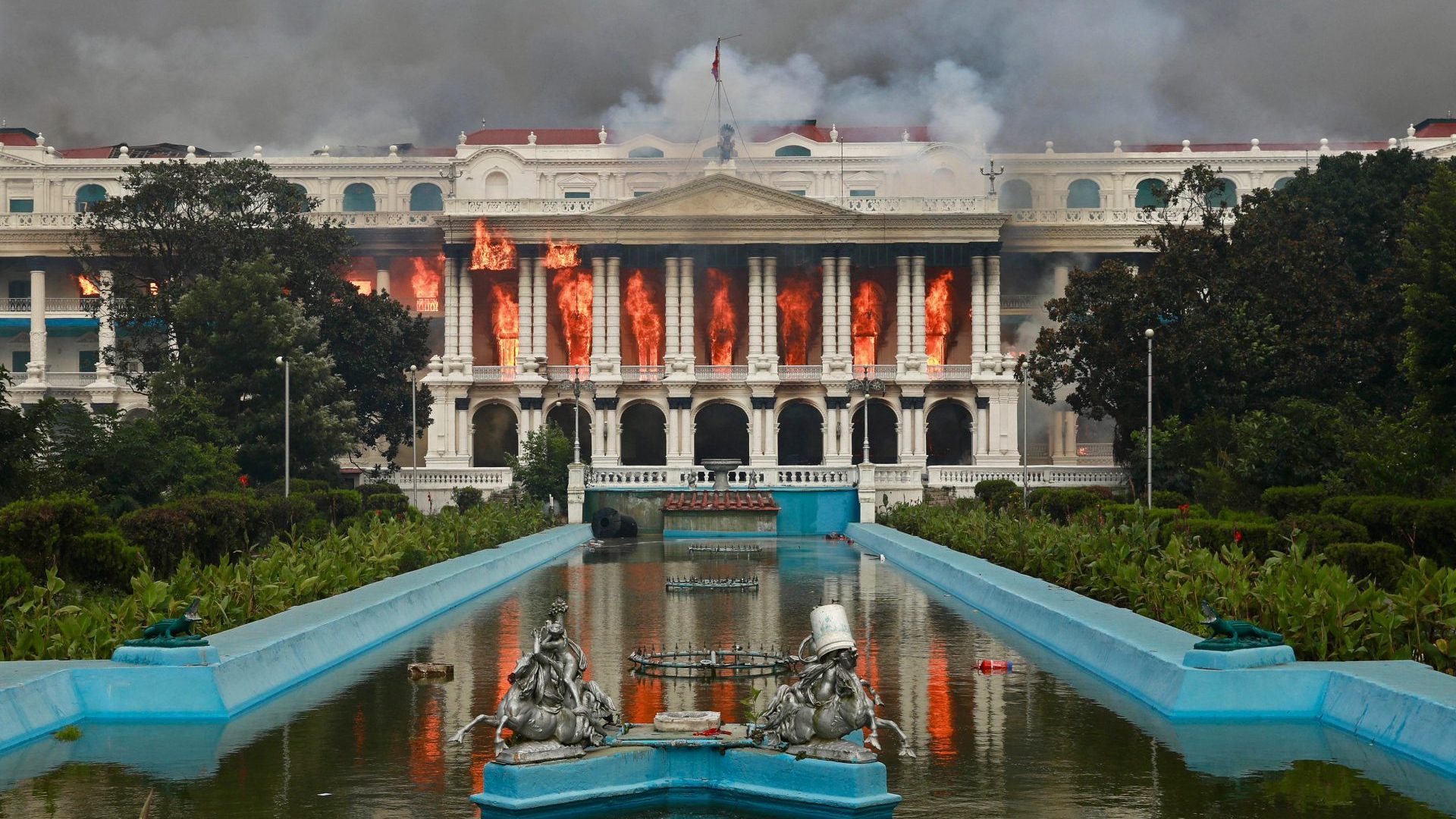Italy has always been a land of emigrants. Particularly in the late 19th and early 20th century, poor families – many of them from the south – would leave their isolated villages in search of a brighter future elsewhere. In doing so, many simply shut up their homes and left. Over time, these empty properties have become ghostly relics, crumbling to the ground. Italy is full of places like that.
After all those decades have passed, trying to track down who owns what is impossible, especially when the original inhabitants, or their descendants, now happen to live on the other side of the world. And so the unknown villages of Italy, especially in the south, are places of cracked roofs, unhinged doors and broken windows.
That’s why local authorities across the country have been seizing these properties and selling them off, either for a symbolic single euro or at a slightly higher price. In most cases, the law lets them do it on safety grounds – you can’t just have houses collapsing all over town. And besides, it looks terrible.
But imagine what a surprise it is – and a problem – when an heir from the US or Australia comes looking for their ancestral home, only to find that it’s been demolished or sold off by the town hall.
When I first met John in a town in southern Puglia he was crying. It had been about a century since his family had moved to the US to escape poverty, and he’d travelled all the way from California in the hope of finding his grandpa’s home. His plan was to fix it up and turn it into a holiday retreat.
“My aunt passed away last year,” he said. “She was positive that we still owned an entire building in the centre of the village which has always been ours, even though nobody has lived in it since my family emigrated. But then when I got here, I discovered the building had been seized by the local authorities and sold to an insurance company.”
John was desperate. He went to the local town hall offices where they told him the building was in a precarious state after so many decades of neglect, so it had been seized to ensure public safety.
“My nonno told me he used to sit outside on the rough stone pavement as a kid and watch people go by,” he said. “Now there are ugly office blinds. I feel I’ve been robbed of my inheritance and there’s nothing I can do.”
Julia had a similar misfortune. When she heard that the mayor of her family village in Sicily was selling abandoned homes for one euro, she freaked out, jumped on a plane from Australia and went to see whether anything had happened to her grandmother’s house.
It was bad news – because the house had been vacant for more than 50 years, the mayor had put it up for sale.
“I was told by him that the line of succession within my family had been broken, that the town hall couldn’t track me down to contact me about the sale and see if I was interested in buying it. But it was mine. I never got any letter from the Italian consulate,” Julia told me. She was heartbroken and felt that the last piece of her family heritage had gone.
Sure, no one wants to live in villages full of empty houses. But should the authorities simply be able to take away property like that? And it’s not only the houses themselves. When poor families fled they often left behind not just their home, but also their belongings, including pieces of jewellery hidden in closets or under the floors.
That’s why the one euro homes are often secret treasure troves stacked with precious family objects. The thought of all those memories being sold off by the local authorities is quite sad.
Silvia Marchetti is a freelance reporter living in Rome




